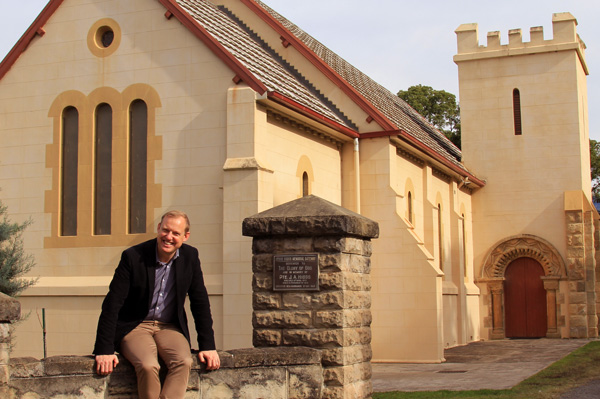What has ESP got to do with Christianity?

I was recently watching a program that was taking a light hearted look at the claims of ESP (extra-sensory perception).
The show didn’t hold my interest for long, but what was interesting was the way the host explained his scepticism.
He said “ I’m an atheist… I don’t believe in that kind of thing at all.”
Notice his reason for not believing: he said he was an atheist, as if that proved the point.
What lies behind this statement is the claim that atheists only believe in that which is provable by reason and science.
To believe in God, so they say, is to believe in something without evidence and so is unprovable, and ultimately unknowable.
So you have to take a leap of faith, given that believing in God is on the same level as believing in ESP.
How do we respond to such a characterisation?
Christian apologist John Lennox gives us an example of why this thinking is both mistaken and inconsistent.
In a debate with the atheist Richard Dawkins, the following exchange occurred:
Dawkins: We only need to use the word ‘faith’ when there isn’t any evidence.
Lennox: No, not at all. I presume you’ve got faith in your wife — is there any evidence for that?
Dawkins: Yes. Yes, plenty of evidence.
Lennox: Hmmm.
Dawkins expresses the same view: belief in God is in the realm of blind faith.
But Lennox challenges that.
Faith is a word that expresses a relational trust based on evidence.
The next question then is this: are there reasons to place our faith in God in the same way we trust a faithful wife? And the answer is a resounding ‘yes!’
To be a Christian is not to take leave of one’s senses, but to respond in faith to God who has revealed himself.
God reveals himself in His word – where we find carefully written and researched accounts of Jesus.
He invites us to listen, reason, investigate and respond.
Simon Chaplin








